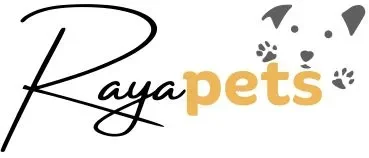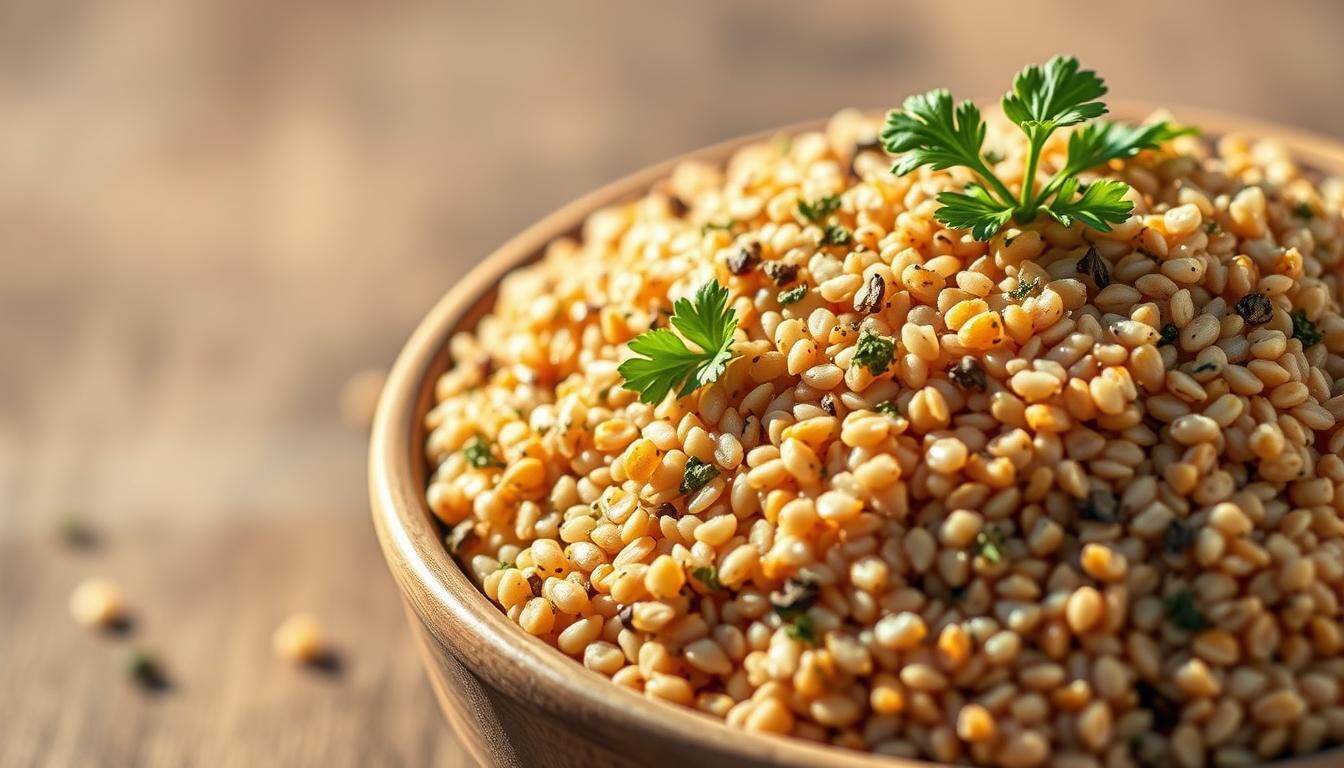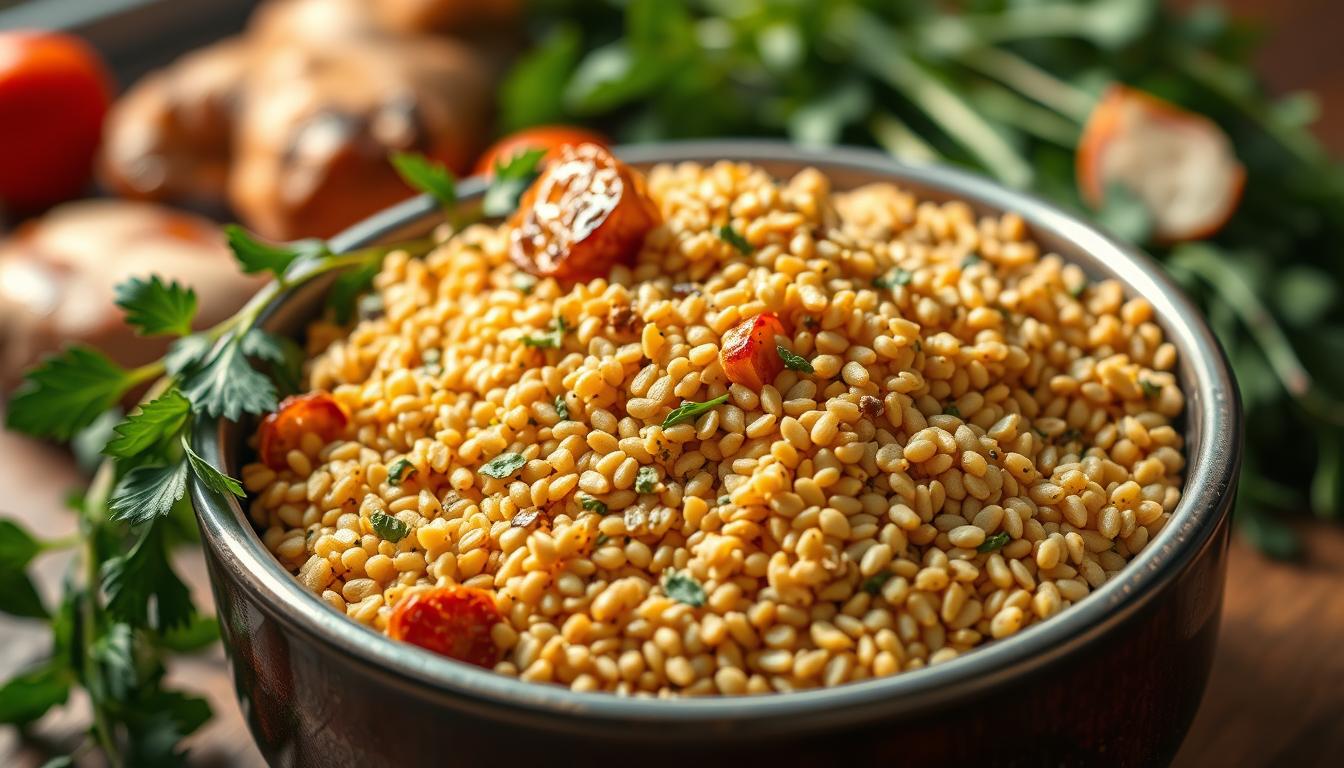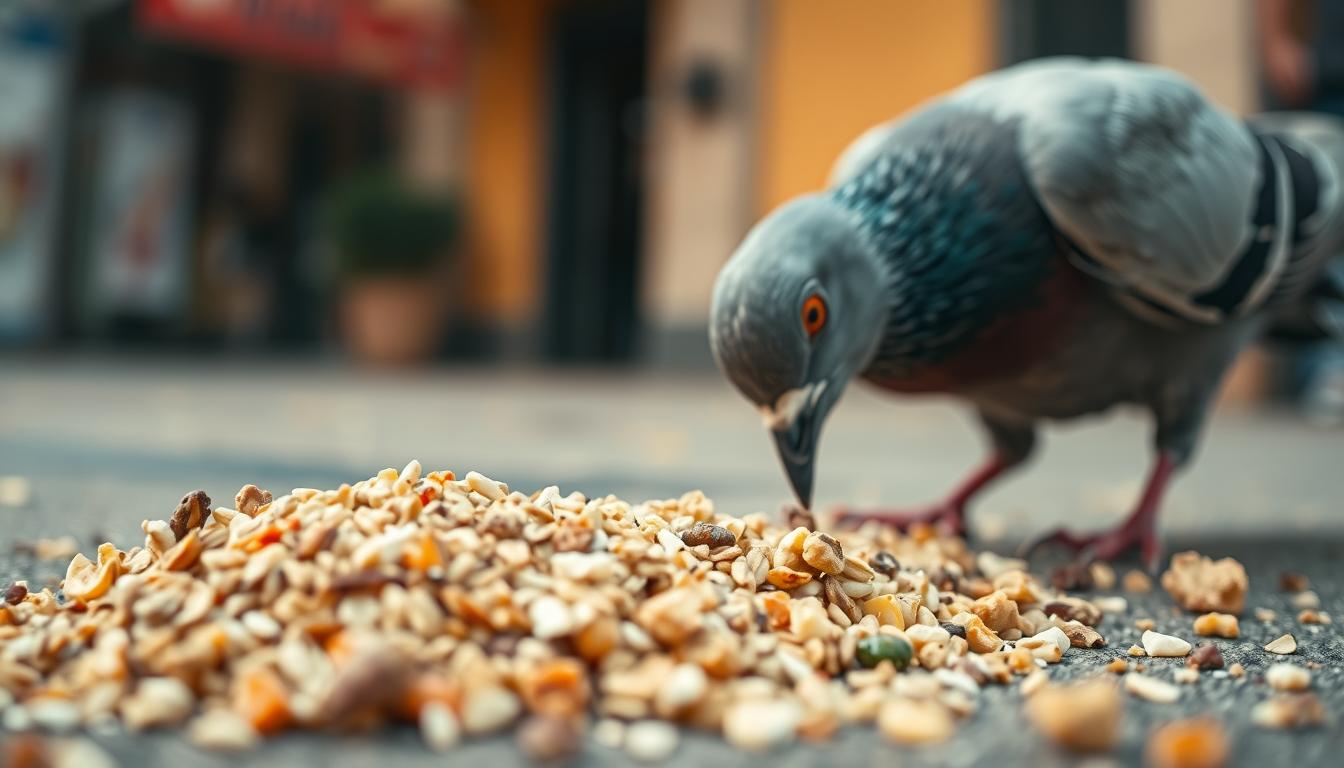Many pet owners may not realize the risks of a cat eating corn on the cob. While it might seem like a harmless treat, this starchy vegetable can lead to serious health issues for your feline friend.
Cats require a protein-rich diet, and corn on the cob offers little nutritional value for them. Each ear contains around 129 calories and 13.8 grams of carbohydrates—far from what a cat needs for optimal health. Worse, it poses choking hazards, digestive issues, and an imbalanced diet, making it an unsafe choice.
If you’ve ever caught your cat eating corn on the cob, it’s essential to understand the potential dangers. In the following sections, we’ll dive into why this food is unsafe, explore possible allergic reactions, and discuss better dietary alternatives to keep your pet healthy.
Table of Contents
Understanding Your Cat’s Diet Needs
Cats have special nutritional needs that make them different from other pets. Their diet is more complex than you might think. It requires careful attention to their nutritional needs.
Protein is key for a cat’s diet. They need a diet mostly made of animal proteins because they are obligate carnivores. In fact, they should eat 70-80% of their protein from animal sources.
Essential Nutrients for Cats
It’s important to know what nutrients your cat needs to stay healthy. Key nutrients include:
- Taurine (only found in animal products)
- Animal-based proteins
- Essential fatty acids
- Specific vitamins and minerals
Why Cats are Obligate Carnivores
Cats can’t live on plant-based diets like humans do. Their eating habits are based on a need for animal proteins. Corn and other grains can’t meet their nutritional needs. Corn is in about 30-40% of cat food, but it’s mostly a filler.
A cat’s body is designed to digest and utilize nutrients from meat, not grains or vegetables.
Also, about 10-15% of cats might be allergic to corn. This shows how important it is to know your cat’s dietary needs. Always talk to a vet about what’s best for your cat’s nutrition.
The Risks of Unnatural Foods for Cats
Understanding the dangers of bad foods for cats is key. Cats need different nutrients than humans. Foods like corn on the cob can harm your cat’s health.
Potential Digestive Issues
Cats can’t digest plant foods like corn well. Eating corn can cause big digestive problems. About 25% of cats have trouble with common grains. This can lead to:
- Stomach upset
- Nutritional deficiencies
- Reduced nutrient absorption
Allergic Reactions to Corn
Corn can cause big allergic reactions in cats. Some preservatives in corn foods may lead to long-term health issues. Signs of corn allergy include:
- Skin irritations
- Gastrointestinal distress
- Respiratory problems
Long-term Health Effects of Corn Consumption
Eating corn regularly can harm your cat’s health a lot. About 70% of cat foods have bad additives. Corn can:
- Reduce nutrient intake by 30%
- Lead to feline obesity
- Make vet visits more common
“Your cat’s diet should prioritize meat-based nutrition over plant-based fillers.” – Veterinary Nutrition Experts
Keeping your cat healthy means knowing their diet needs and avoiding harmful foods like corn on the cob.
Is Corn Toxic to Cats?
Understanding corn on the cob safety for cats requires careful examination of their unique dietary needs. While corn itself isn’t directly toxic, it poses significant risks to your feline friend’s health and diet.
Cats are obligate carnivores with specific nutritional requirements. Their digestive systems are not designed to process grains efficiently, making corn a challenging food item. The carbohydrate tolerance in cats is remarkably low compared to other animals.
Evaluating Corn’s Safety for Pets
Corn can potentially cause several health concerns for cats:
- Digestive complications
- Limited nutritional value
- Potential choking hazards
- Risk of stomach upset
Signs of Toxicity in Cats
Watch for these warning signs if your cat consumes corn:
- Vomiting
- Diarrhea
- Lethargy
- Decreased appetite
Approximately 10% of feline gastrointestinal issues might stem from inappropriate food choices like corn.
Veterinarians recommend treating corn as an extremely rare snack. They say cats get no essential nutrients from it. Your cat’s health depends on a protein-rich diet tailored to their carnivorous nature.
The Proper Way to Treat Your Cat
Caring for your feline friend means knowing their special cat nutrition needs. Sharing your favorite foods might not be safe for them.
Cats need different foods than humans. Their diet should have high-quality proteins and careful planning.
Safe Human Foods for Cats
Choose treats that are rich in protein to match their natural eating habits. Here are some safe options:
- Cooked chicken (plain, no seasoning)
- Small pieces of cooked fish
- Lean, cooked meats
- Scrambled eggs
Remember: Moderation is key in treating your feline companion!
Homemade Treats to Consider
Making homemade treats lets you control what goes into them. This way, you can make sure your cat gets the nutrients they need. Since most cats prefer meat, focus on protein-based treats.
- Chicken breast cubes
- Tuna bite-sized pieces
- Egg-based protein snacks
About 70% of cat owners don’t know about diet problems. Always talk to your vet before trying new foods. Cats need mostly animal protein in their diet.
By knowing what your cat needs, you can give them tasty, healthy treats. This supports their overall health.
What to Do If Your Cat Eats Corn on the Cob
Seeing your cat eat corn on the cob can be scary. It’s important to know the risks to their health and diet. This knowledge helps you act fast to keep your cat safe.
Immediate Steps to Take
Stay calm if you catch your cat eating corn on the cob. Here are the key steps to follow:
- Remove the corn on the cob right away from your cat
- Look for signs of distress or choking
- Watch your cat closely for any odd symptoms
Look out for warning signs like:
- Vomiting
- Diarrhea
- Loss of appetite
- Lethargy
- Difficulty defecating
When to Contact Your Veterinarian
Your cat’s health should always be the top priority.
If you see severe symptoms, get your cat to the vet right away. Corn cobs can block their intestines. A vet can stop serious problems from happening.
Pro tip: Always have your vet’s number ready for emergencies.
Prevention is key. Keep dangerous foods like corn on the cob away from your cat.
Fun Alternatives to Corn on the Cob
Looking for safe and fun alternatives to corn on the cob can make mealtime exciting for your cat. They deserve nutritious and engaging options that fit their natural eating habits.
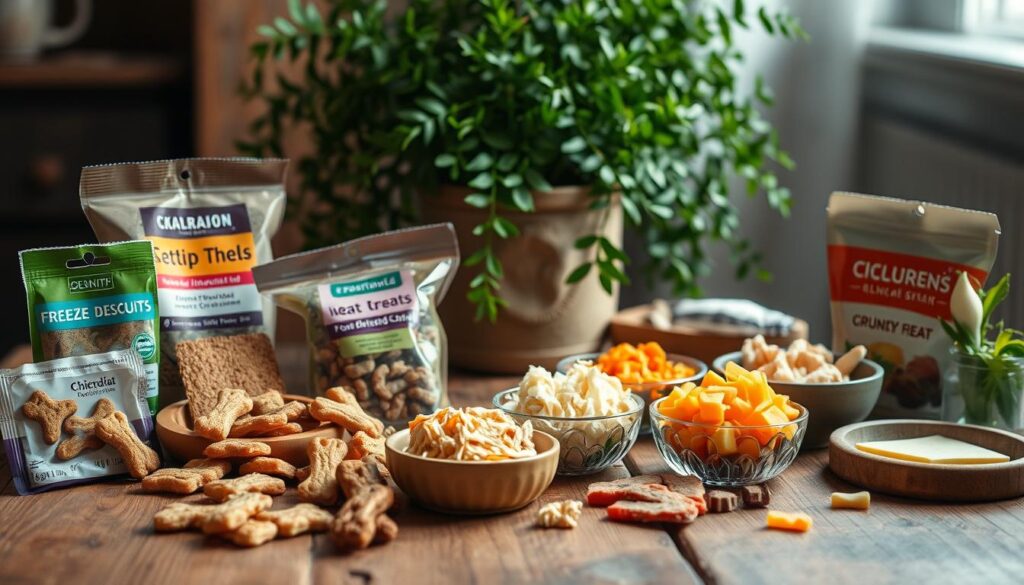
It’s important to understand your cat’s unique diet when choosing treats and toys. Cats love to explore and need mental stimulation and fun feeding experiences.
Healthy Snacks for Your Feline
When picking snacks, focus on protein-rich foods that meet their dietary needs. Good and safe choices include:
- Cooked chicken pieces
- Small portions of unseasoned fish
- Lean, boiled meats
- Commercial cat treats made for their nutrition
“Cats need protein from animal sources as their main nutrient”
Engaging Treat Toys for Cats
Interactive toys can keep your cat’s mind sharp and satisfy their hunting drive. Choose puzzle feeders and treat-dispensing toys that challenge and entertain them.
- Treat balls that release small portions of food
- Puzzle feeders with hidden compartments
- Rotating treat dispensers
For a balanced diet, offer a variety of safe treats while following dietary guidelines. Treats should make up less than 10% of your cat’s calories.
Monitoring Your Cat’s Eating Habits
It’s important to know how much your cat eats to keep them healthy. Cats need special food that you should watch closely.
The Importance of a Balanced Feline Diet
A good diet is key for your cat’s health. Cats need meat because their bodies work best with animal protein. Keep an eye on these things when watching your cat eat:
- Protein content in meals
- Consistent eating patterns
- Water intake
- Weight maintenance
Keeping Track of Dietary Changes
Small changes in your cat’s diet can mean big health issues. Watch for:
- Appetite fluctuations
- Sudden food preferences
- Unusual eating behaviors
“A watchful eye today prevents health complications tomorrow.”
Regular vet visits and a food diary can spot diet problems early. By staying alert, you keep your cat happy and healthy.
Educating Family and Friends About Pet Safety
Keeping your cat safe from harmful foods is a team effort. It’s important to teach everyone about what’s safe for pets. This includes avoiding foods like corn on the cob.

Teaching Kids About Safe Pet Diets
Children often want to share food with pets, but it’s risky. About 15% of pet owners accidentally give their pets unsafe foods during holidays. Here are some tips for teaching kids about cat food:
- Explain that cats are obligate carnivores with specific dietary needs
- Teach them never to feed cats corn on the cob or other harmful foods
- Show them how to safely interact with pets during gatherings
“Knowledge is the first line of defense in pet safety”
Spreading Awareness on Safe Foods for Pets
Many people don’t know what foods are bad for pets. About 20% of pet owners don’t know the dangers of common human foods. By sharing info on cat nutrition, you can stop pets from eating harmful foods.
- Create educational materials about pet diet safety
- Share this info with family and friends
- Show them how to feed pets responsibly
By educating everyone, you can lower the risk of pets eating dangerous foods like corn on the cob. This keeps your cat healthy and happy.
Final Thoughts: Keep Your Cat Healthy!
Keeping your cat healthy starts with knowing their special diet needs. Cats need a balanced diet because they are meat-eaters. Choose high-quality foods rich in animal proteins and nutrients.
Being a good pet owner means more than just feeding. Watch what your cat eats closely. Treats should be small, with meat as the main ingredient. Stay away from human foods like corn on the cob, as they can harm your cat.
Your cat’s diet affects their health and how long they live. Regular vet visits, watching their diet, and knowing their needs are crucial. By being informed and making good food choices, you’ll give your cat the best care.
Recap of Key Points
Remember the main points for cat health and diet: choose high-quality, meat-based foods, limit treats, and talk to your vet about your cat’s diet. Your effort to understand cat nutrition will help your cat stay healthy for many years.
FAQ
Can cats eat corn on the cob?
No, cats should not eat corn on the cob. Cats are meant to eat meat, not plants like corn. Eating corn can be dangerous, causing choking, digestive problems, and blockages.
Why is corn dangerous for cats?
Corn is hard for cats to digest and doesn’t give them much nutrition. The cob can block their intestines and cause choking. Cats also can’t break down plant foods well, leading to stomach issues.
What should I do if my cat accidentally eats corn on the cob?
Watch your cat for signs of trouble like vomiting or trouble going to the bathroom. If they show any odd symptoms or swallow a big piece of cob, call your vet right away. Quick action can help avoid serious problems.
Are there any safe alternatives to corn for cats?
Yes! Cats love treats like cooked chicken or turkey. You can also give them special cat treats. Toys that make them work for treats are great too, keeping them busy and safe.
How can I prevent my cat from eating corn on the cob?
Keep corn and other bad foods away from your cat. Teach everyone in your home about the dangers of giving cats the wrong food. Use strong trash cans and don’t leave food out where your cat can get it.
Is corn toxic to cats?
Corn isn’t toxic, but it’s not good for cats either. It doesn’t have the nutrients cats need and can upset their stomachs. The cob is even more dangerous, as it can cause choking and blockages.
How can I ensure my cat maintains a healthy diet?
Feed your cat high-quality, meat-based food that your vet recommends. Keep their diet consistent and introduce new foods slowly. Regular vet visits help keep their diet on track and catch any health issues early.
Source Links
- Toaster Oven Baked Corn on the Cob – https://toasterovenlove.com/toaster-oven-baked-corn-on-the-cob/
- Can Cats Eat Corn? – https://conservationcubclub.com/can-cats-eat-corn/
- Can Cats Eat Corn? Here Are Our Kernels of Wisdom – https://www.thesprucepets.com/can-cats-eat-corn-find-out-8678427
- Carnivore Coaches Corner • A podcast on Spotify for Creators – https://creators.spotify.com/pod/show/jonathan-griffiths7
- Can Cats Eat Corn? Vet-Approved Nutritional Facts & FAQ – Catster – https://www.catster.com/nutrition/can-cats-eat-corn/
- Cat owner discovers corn has been eaten—culprit quickly reveals himself – https://www.newsweek.com/cat-owner-discovers-corn-has-been-eaten-culprit-quickly-reveals-himself-1999066
- Can Cats Eat Corn on the Cob? – https://vocal.media/petlife/can-cats-eat-corn-on-the-cob
- 13 Holiday Foods That Are Dangerous to Cats – https://www.petmd.com/cat/nutrition/holiday-foods-dangerous-to-cats
- Can Cats Eat Corn? Vet Reviewed Nutrition Facts | PangoVet – https://pangovet.com/pet-nutrition/cats/can-cats-eat-corn/
- Thanksgiving Food Safety For Our Furry Friends – The Humane Society for Tacoma & Pierce County – https://www.thehumanesociety.org/thanksgiving-pet-safety/
- Summer Food Hazards for Dogs – The Animal Medical Center – https://www.amcny.org/blog/2024/07/03/summer-food-hazards-for-dogs/
- What can I feed my cat when I’ve run out of cat food? – https://www.animalfriends.co.uk/cat/cat-advice/cat-food-and-diet/what-to-feed-when-out-of-pet-food/
- Best Cat Food: A Guide to Choosing the Right Nutrition for Your Cat – https://cats-magazine.com/general-meows/feline-nutrition-101-how-to-choose-the-best-cat-food-for-your-cat/
